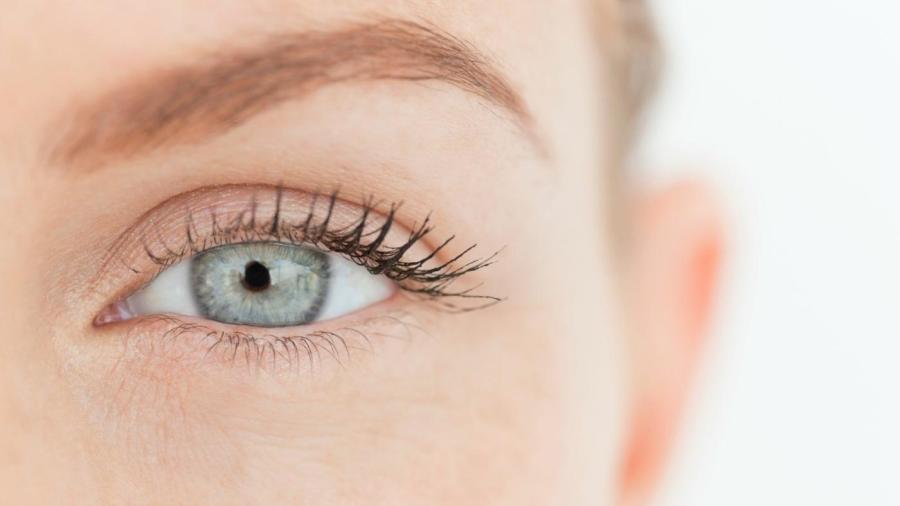What Causes the Pupils in Your Eyes to Be Small?

Usually, the pupils of the eyes become small, or constrict, in response to a strong light source, such as sunlight. Certain medications, drugs or ailments also cause small pupil size.
The pupil is the opening in the center of the iris of the eye. A chief function of the pupil is to control the amount of light entering the eye. Two muscles, the sphincter and the dilator, control the size of the pupil in response to changes in light. The dilator muscle radiates out from the pupil like a star. In low-light conditions, dilator muscles contract, causing the pupil to dilate, or widen. This allows more light to enter the eye for better vision in dark conditions. The sphincter muscle surrounds the pupil like a band. As light increases, the sphincter muscle contracts, causing the pupil to contract as well. This ensures that too much light does not inundate the eye, causing discomfort, vision problems or damage to the eye.
Some drugs or medications, particularly certain recreational drugs, cause excessive contraction of the sphincter muscle and extremely small, or pinpoint, pupils. Small pupils also sometimes occur along with migraines or cluster headaches. During a severe headache, many people become very sensitive to bright lights, and the body attempts to combat this by contracting the pupil.





